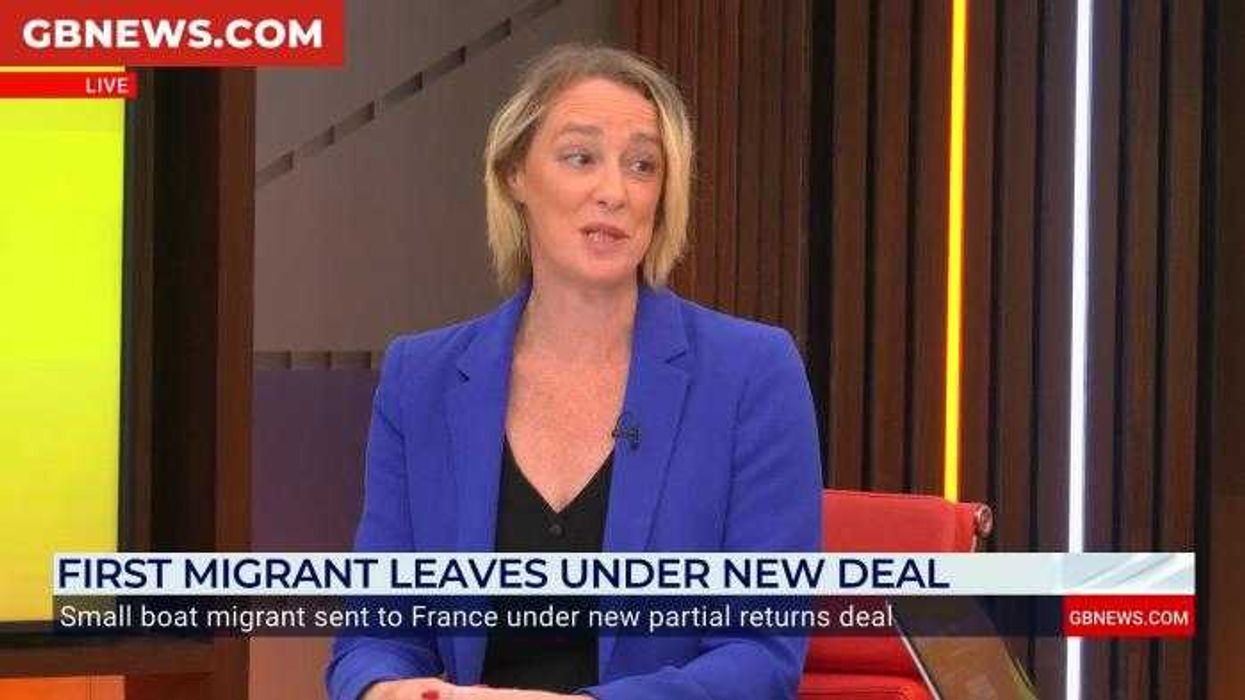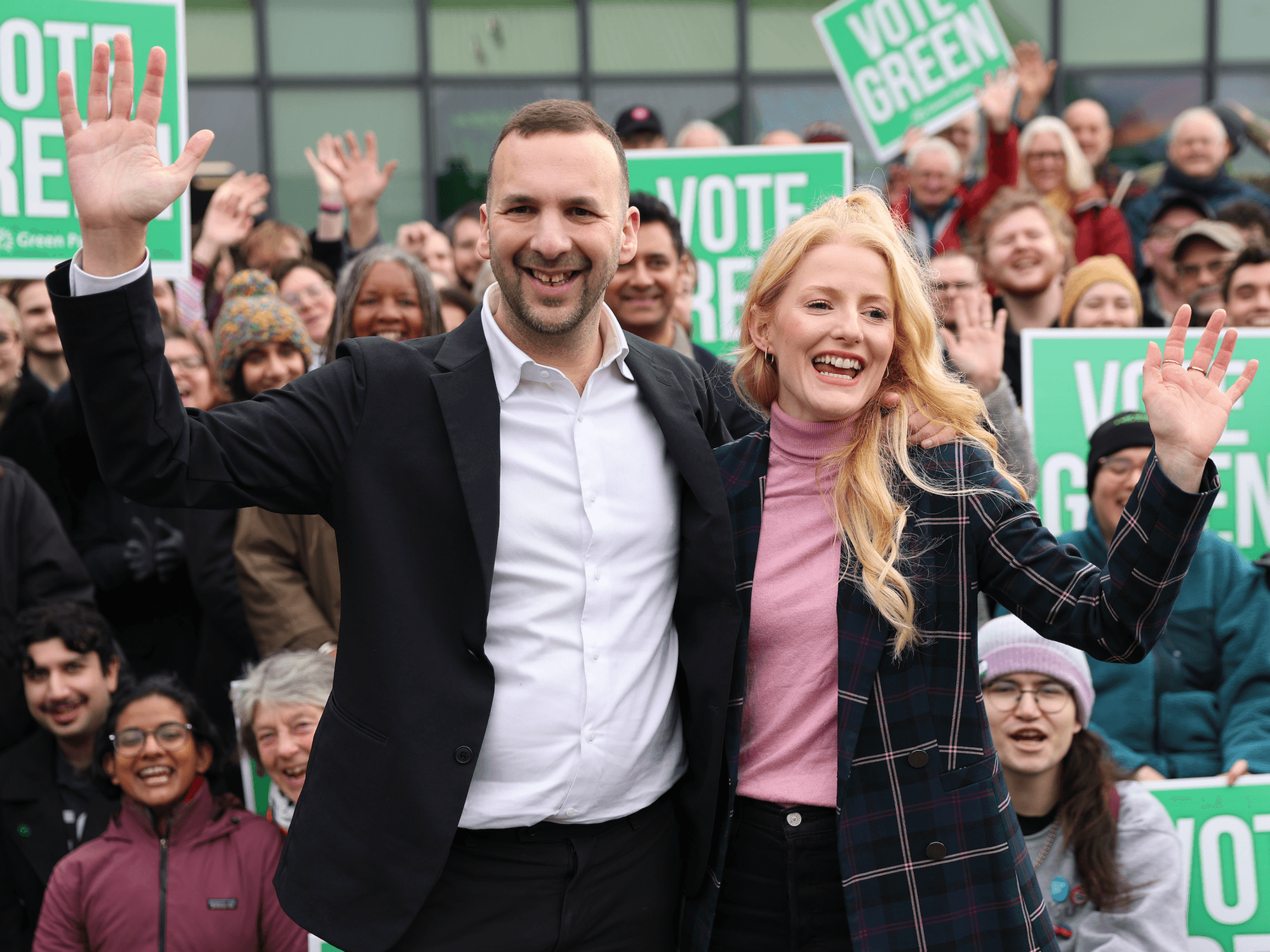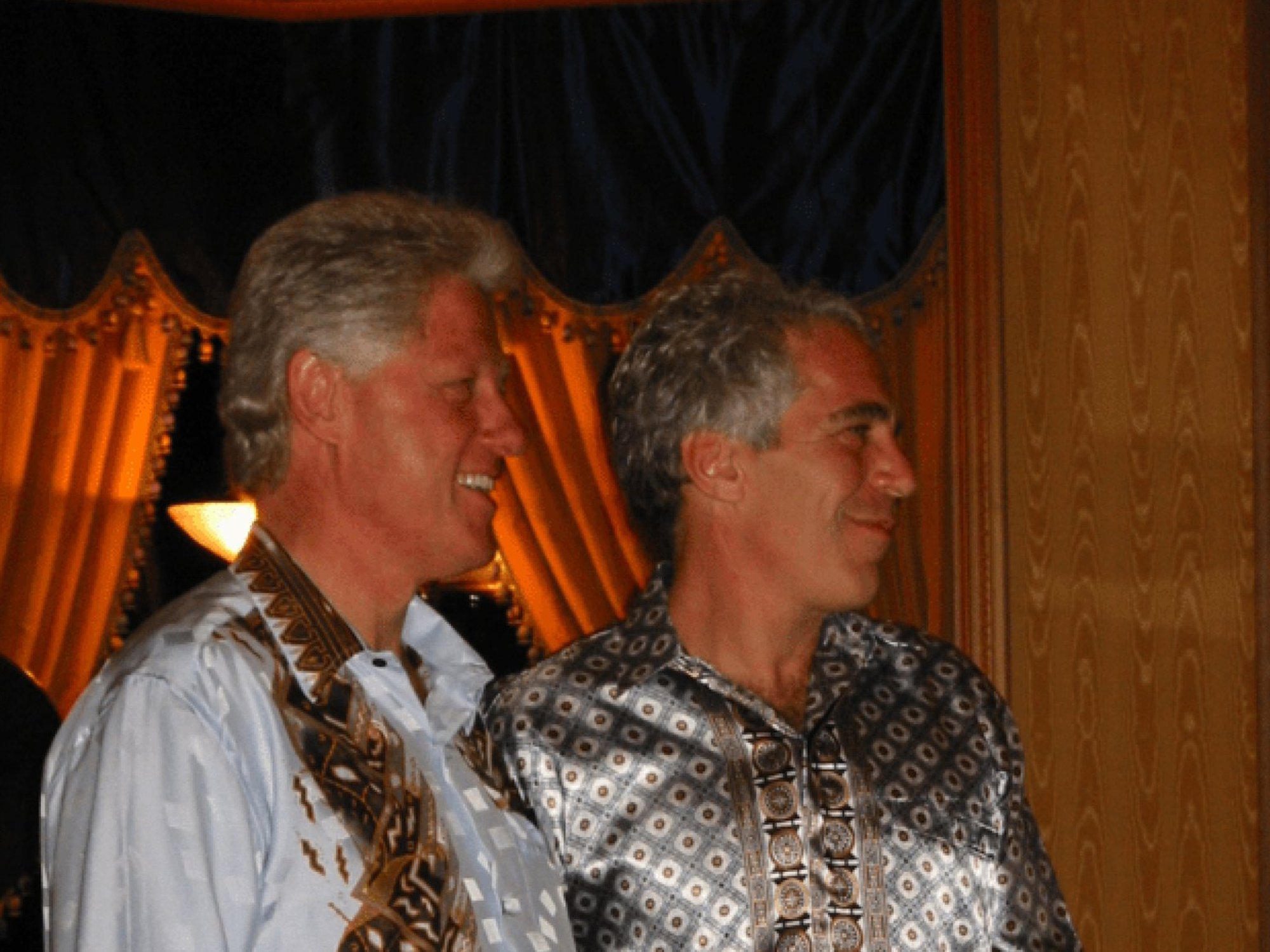Leaving the ECHR would put Britain's migrant crisis on rocket boosters. This is why - Nigel Nelson

Claire Pearsall and Nigel Nelson clash over the success of the partial return ‘one-in, one-out’ scheme with France for small boat migrants. |
GB

Be careful what you wish for, writes Fleet Street's longest serving political editor
Don't Miss
Most Read
Trending on GB News
Former Tory Cabinet minister Sir Michael Ellis has come up with a plan to fix broken Britain, which we debated on GB News with Martin Daubney and Jacob Rees-Mogg. But it deserves more scrutiny than airtime allows.
The disarmingly urbane Sir Michael has been in so many government jobs it’s almost a wonder the prime minister wasn’t one of them.
He’s been a deputy Commons leader under Theresa May, and her minister for the Arts and Transport, too. Boris Johnson made him Solicitor General, then Paymaster General, and Liz Truss bumped him up to Attorney General.
That’s enough generals for several armies. He may not know this, but he also had the Commons nickname of Lord High Glazier for brow-beating MPs into donating to Parliament’s stained-glass window to mark the late Queen’s diamond jubilee.
He even found time between postings to perform cardiopulmonary resuscitation on a constituent. Fortunately, I wasn’t in need of such emergency treatment when we clashed in the GBN Westminster studio.
He put a lot of thought into his grand plan, as you might expect, so I’ll take his points one by one.
Abolish the Supreme Court because it “has helped give judges airs above their station”. In fact, Michael Ellis KC is not a fan of judges at all.
It was Tony Blair who set this up in 2009 to replace the 12 most senior Law Lords previously performing the function of the highest court in the land from their perches in the House of Lords.
The rationale behind this was that Parliamentary legislators were effectively marking their own homework, which seemed absurd and still does.

In an ironic twist, leaving the ECHR would turbocharge Britain's migrant crisis. This is why - Nigel Nelson
|Getty Images
Leave the ECHR. Well, of course. This hoary old chestnut is not going to leave us anytime soon. Putting us on a par with Russia and Belarus, and the resulting unravelling of Northern Ireland’s Good Friday Agreement has been well chewed over, so I won't make a meal of it here.
But an unintended consequence could be to put our 2020 post-Brexit Trade and Cooperation deal with the EU at risk. The trade bit might not be affected, but extradition, data sharing and intelligence gathering would.
For the sake of getting rid of a few illegal migrants more easily, we could lose track of thousands more.
Overhaul the refugee convention, he says. I’m fine with this. It’s 74 years old. And the requirement that asylum can only be claimed on British soil or at a British border needs to be addressed because the only way refugees can do that is by hiring a rubber dinghy to get here.
Cut down on judicial reviews, he insists, citing the forthcoming one over the proscription of Palestine Action as a terrorist organisation.
PA is an unsavoury outfit and deserved to be outlawed, but it is hardly al-Qaeda, ISIS or Hamas. And can it really be in the public interest to lock up elderly female vicars for 14 years just for peacefully holding up a box end supporting them?
A review could look at whether a grading system for proscribing terror groups might be a more appropriate way to distinguish between their threat levels.
Civil service reform. Michael wants to see political appointments at senior levels, in part because the Home Office’s top civil servant, Matthew Rycroft, refused to sign off on the Rwanda deportation scheme as value for money.
That's because there was no evidence it would be a deterrent, and £700million was wasted without a single migrant compelled to go there and it would have cost £10billion if some had.
Taxpayers might welcome a politically neutral civil service putting their interests before the profligacy of politicians.
And it doesn’t threaten Parliamentary sovereignty as Parliamentarians claim. Civil service objections can be overridden with a ministerial direction, which is what happened in this case.
End police operational independence, and you could end up with a police state.
Protect free speech. Michael could have titled this section: Police the streets, not the tweets. He said, “The police could use their common sense”, or MPs could.
The police enforce the laws Parliament gives them. It’s not their fault if duffers make them.
Reform the House of Lords by getting rid of the 26 bishops, the only place outside Iran where clerics sit as legislators by right.
Careful what you wish for, Michael. Pull the Church of England out of the constitutional brickwork, and our head of state as defender of the faith could follow. Do you really want to abolish the Monarchy, too?
Lord Wakeham’s Royal Commission on Lords reform didn’t say that would happen, but warned that it might. Which is why the bishops are still there, however weird that seems.
Replace the United Nations with a smaller club of democratic countries. Really? How is that going to work then? Take Rwanda’s Paul Kagame. He increased his vote share from 90 per cent in 2003 to 99 per cent in 2020. A bit suspicious, don’t you think?
Kim Jong-Un’s Democratic People’s Republic of Korea took the precaution of putting democratic in its title in case anyone doubted it, and 99.99 per cent of voters endorsed their beloved leader.
And what about the rebellious 0.01 per cent? In need of Michael’s cardiopulmonary resuscitation technique, probably.
Our Standards: The GB News Editorial Charter
More From GB News










